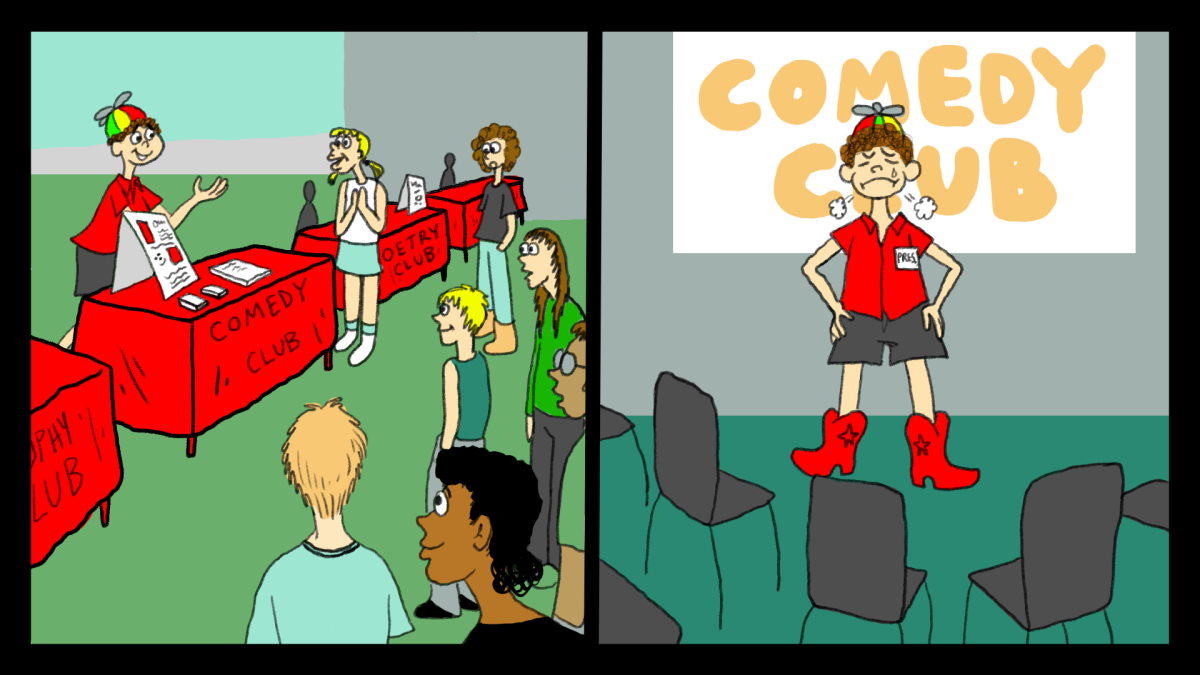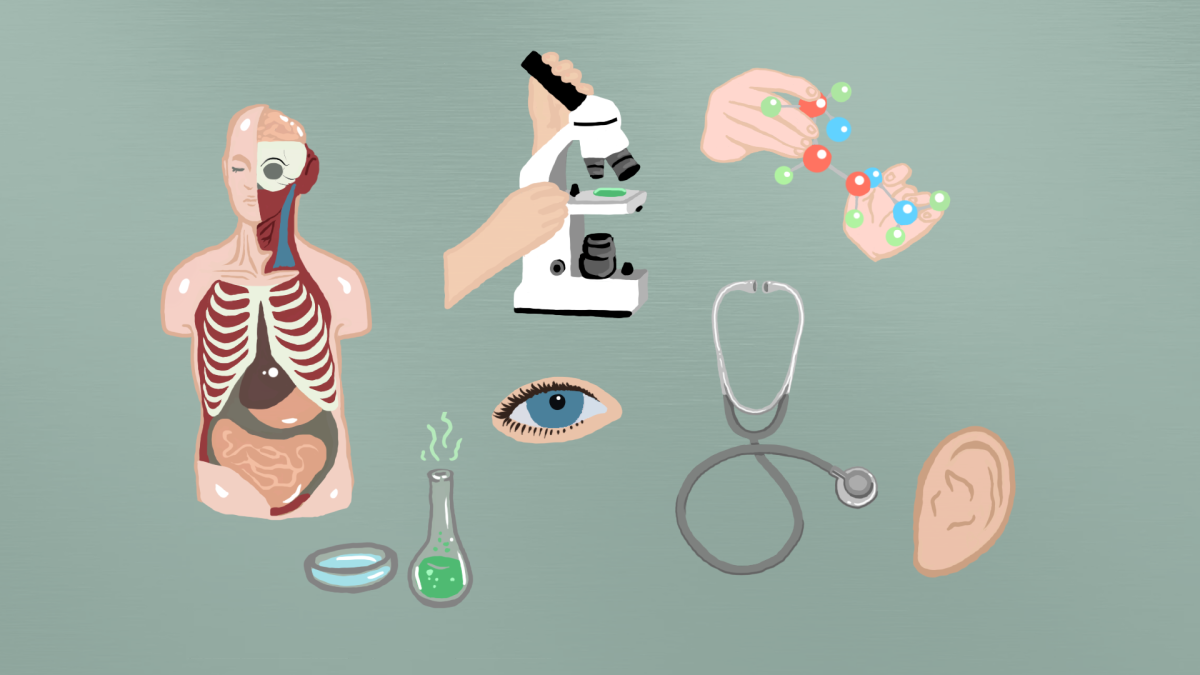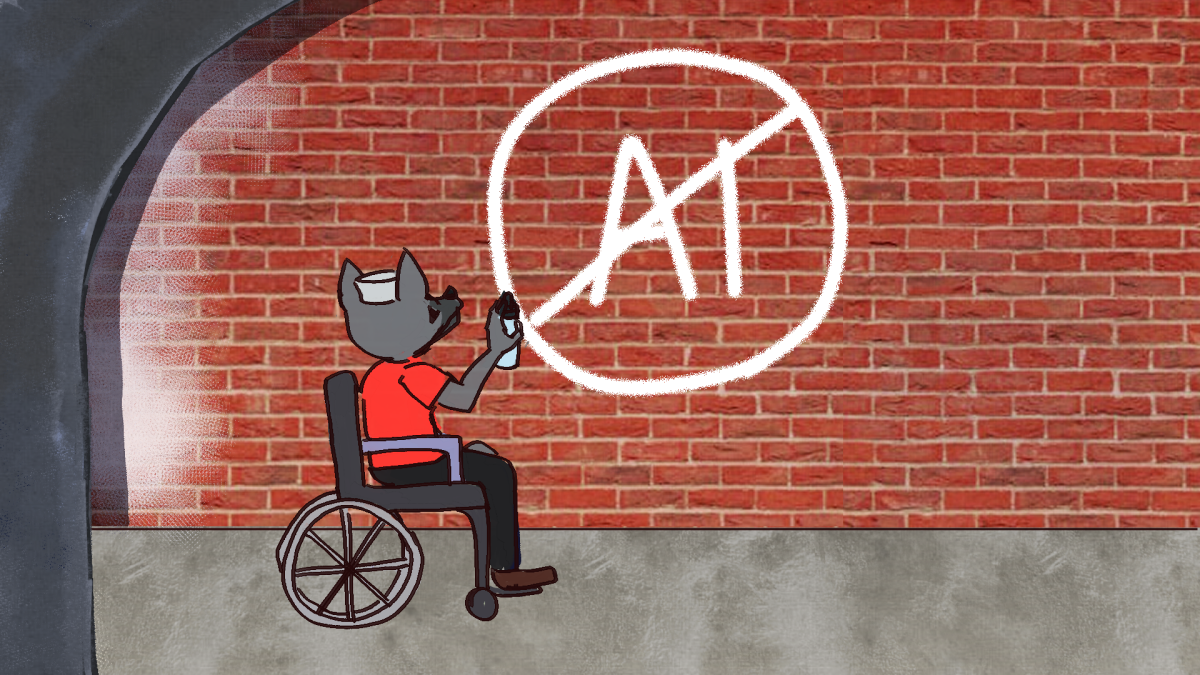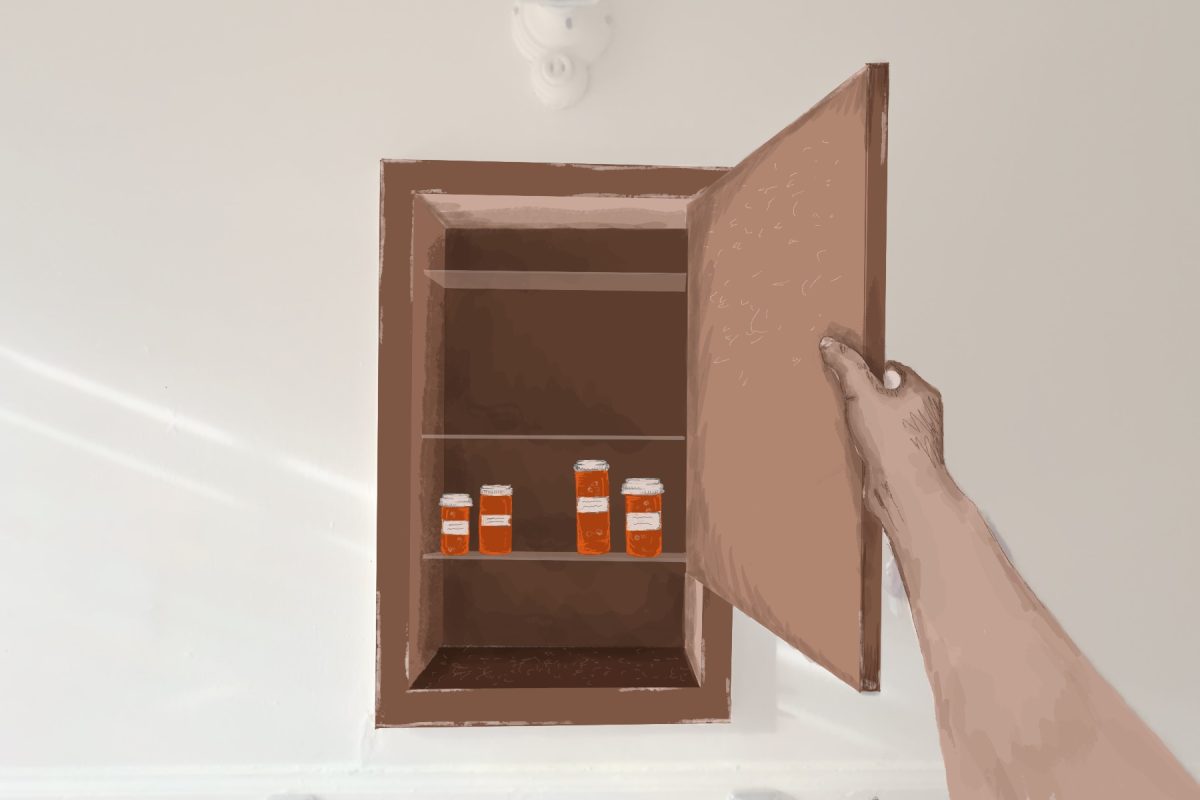This is not a drill! Starbucks is finally adding oat milk to its menu. While I am aware that Starbucks has been offering soy, almond and coconut milk for a while — I’ve tried them all — they don’t replicate the consistency that dairy milk has (even though I hate to compliment dairy milk). The one milk that replicates this flavor and thickness is oat milk.
There was a time I didn’t drink coffee and, of course, this was before I had been introduced to an iced latte. The first time I tried an oat milk latte was at D.H. Hill Jr. Library’s Hill of Beans. My friend had recommended it to me because she knew I complained about dairy. This decision, quite honestly, changed my entire perception of coffee. I enjoyed this latte without feeling the stomach problems from before, and oat milk still upheld that creamy and smooth texture that dairy milk contains.
Besides tasting delicious, oat milk surpasses all other types of milk because of its increasingly low environmental impact. According to the Food and Agriculture Organization of the UN, in 2015, this study shows that the dairy industry’s emissions have increased by 18% between 2005 and 2015 because overall milk production has grown substantially by 30%. While the industry stayed in demand, production has not been made more efficient making the emissions increase by 38%. It makes sense that these emissions are increasing as tending for cows produces a lot of methane, uses land and utilizes tons of water.
However, being bad for the environment isn’t the worst thing about dairy milk; it isn’t a very healthy product to drink either. Healthline reports that dairy products have different impacts on everyone and may increase the risk of both acne and prostate cancer. Healthline also recommends that if you are going to consume dairy milk, try and consume grass-fed because these animals generally produce more nutritious milk.
As for oat milk, it has slightly higher carbon emissions than almond milk but uses very little water for production. A chart with all vegan-based milks and its emissions can be seen in-depth here. Oat milk can also be made at home — all you need are some oats, water, a blender, a strainer and salt to taste. It has outstanding health benefits, like being high in fiber, vitamins, cholesterol-free and it regulates blood sugar levels.
Though NC State markets itself on the idea of sustainability and doing better for its students, we’ve got a long way to go when it comes to vegan alternatives in terms of dining halls and NC State’s famous Howling Cow. Columnist Skye Sarac talked about how, for a university full of alternatives, she is frustrated with the fact that Howling Cow serves strictly dairy products. Many students can’t enjoy one of NC State’s staples.
In a recent take, correspondent Isabella Schoonover talks about how if NC State opened up an entirely plant-based dining hall, the demand for this inclusivity would go down. Plant-based alternatives are becoming a huge interest for most college students. They’re significantly better for you, and they don’t take the same toll on the environment as the meat industry does.
Knowing I can start getting oat milk lattes from Starbucks not only comforts me but makes me feel better for the future. One of the greatest benefits of Starbucks’ decision is that it can finally give oat milk it’s well-deserved ranking as the best plant-based alternative. For a while, there were only a couple of oat milk brands that I knew about which are Oatly, Planet Oat and Califia. Since demand for this product is increasing, many other brands are producing their own versions of oat milk. There are now oat milk barista blends, oat milk for baking, oat milk for plain old consumption and more.
Once our campus Starbucks rolls out the oat milk, and other campuses follow in these footsteps, plant-based alternatives will become a daily consumption for students. I know I’m not the only person who has lactose consumption issues. This is a win for all students and an opportunity to give this plant-based milk a chance. Plant-based is simply better for the environment, students and the future.
Starbucks and Dunkin’ have invested in oat milk. Let’s all start doing the same.
Editor’s Note: Updated staff byline for accuracy.








